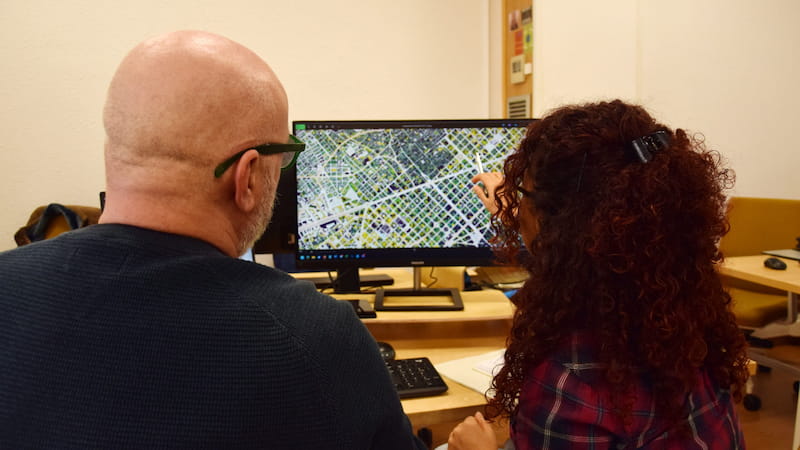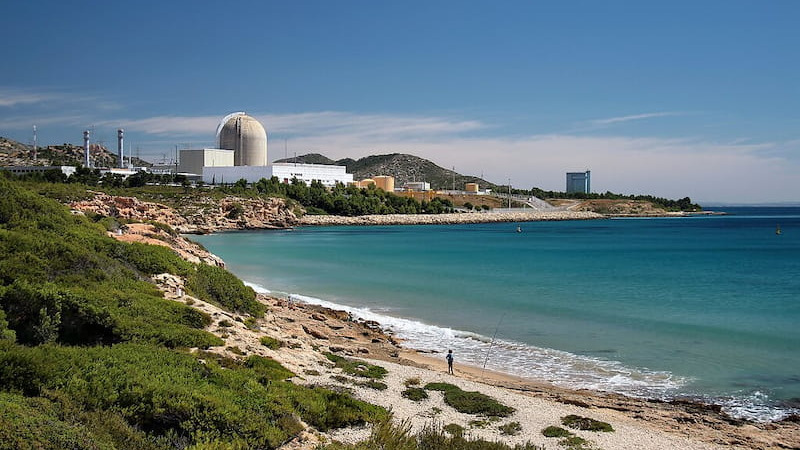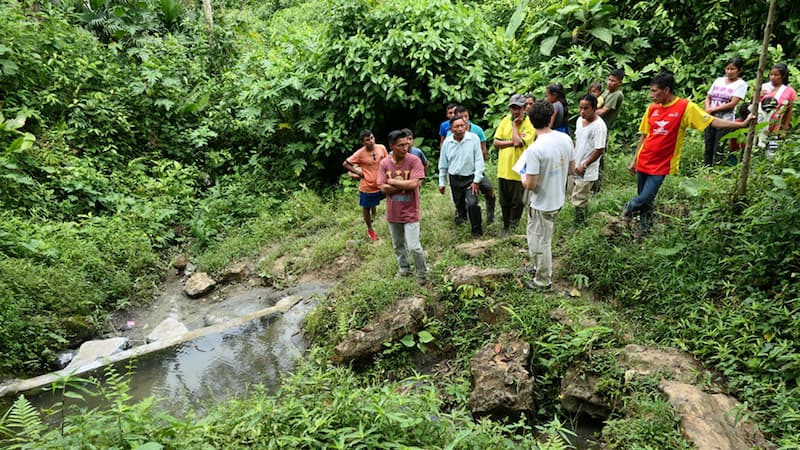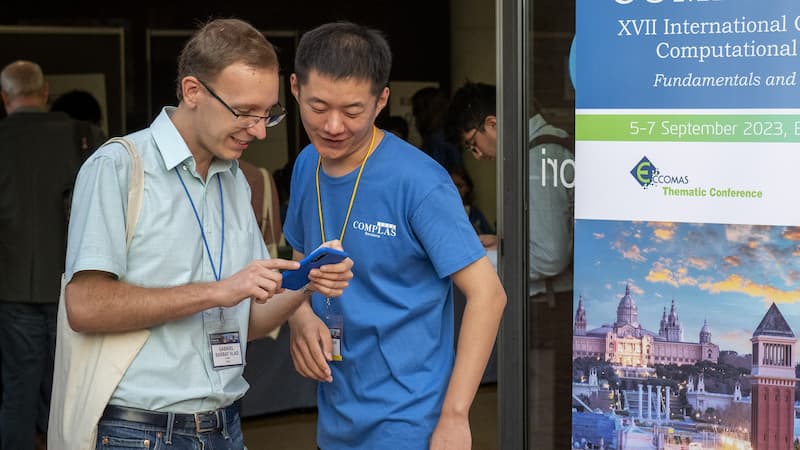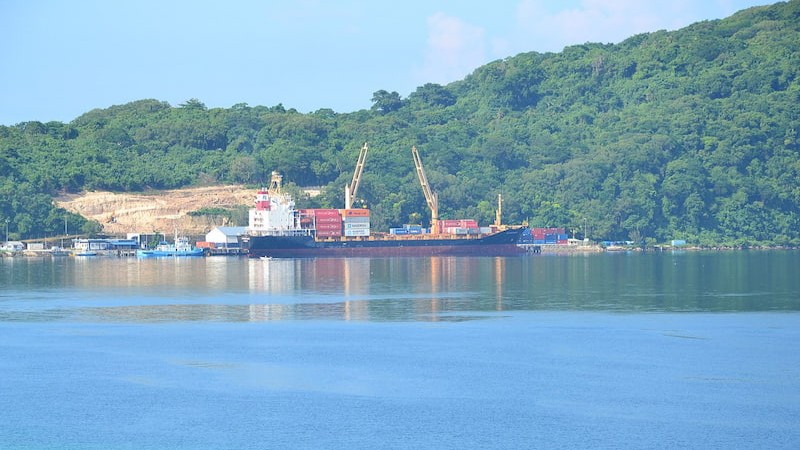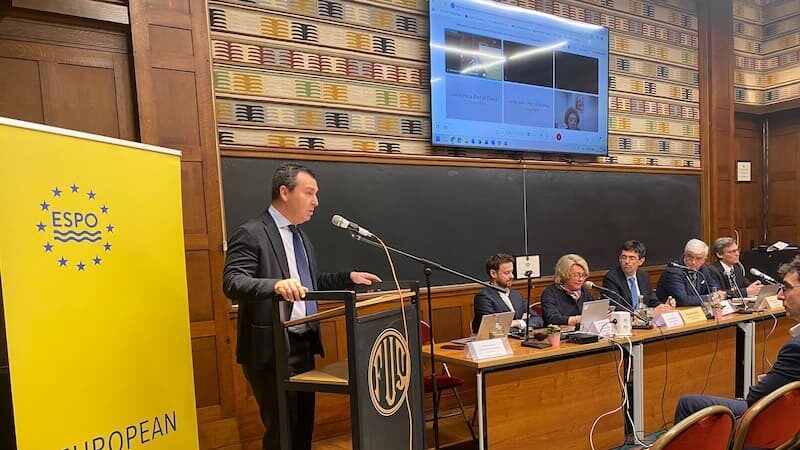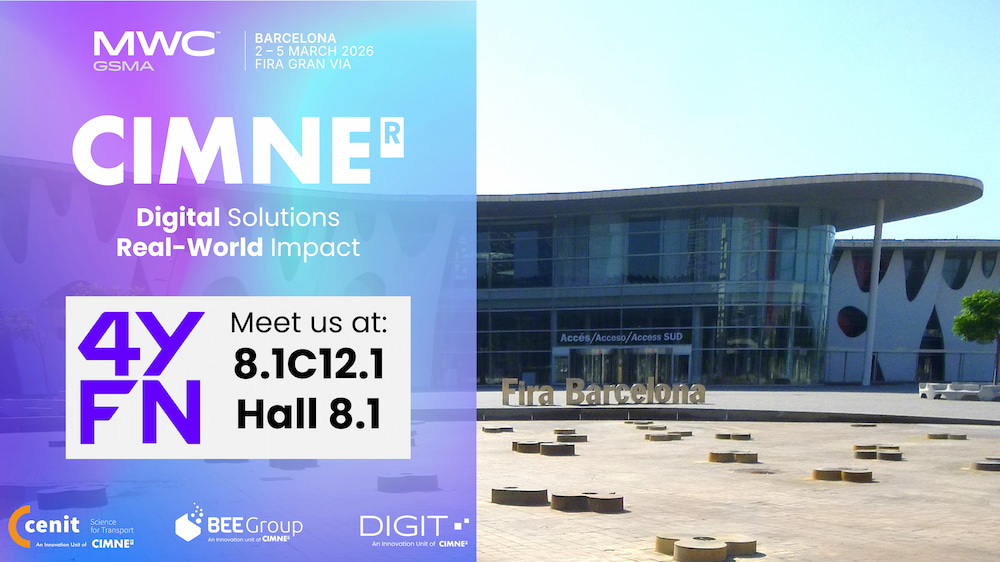
Prof. Oñate (centre) with HM King Felipe VI and Minister Morant
Professor Eugenio Oñate Ibáñez de Navarra, founding director of the International Centre for Numerical Methods in Engineering (CIMNE), today received the Spanish National Research Award 2024 in the Leonardo Torres Quevedo category for engineering and architecture.
The ceremony took place at El Pardo Royal Palace in Madrid, presided over by His Majesty King Felipe VI of Spain and the Spanish Minister for Science and Innovation, Ms. Diana Morant Ripoll. The event celebrated the outstanding contributions of Spain’s leading researchers across multiple scientific disciplines.
Prof. Oñate was recognized for his distinguished career developing innovative numerical methods for solving complex problems in structural mechanics, fluid dynamics, and coupled engineering applications. His scientific contributions have proven particularly valuable for addressing multidisciplinary challenges across civil, industrial, aerospace, marine, and naval engineering sectors.
Professor Javier Bonet, current General Director at CIMNE and longtime collaborator of Professor Oñate, attended the ceremony in representation of CIMNE, a centre that Dr. Oñate founded in 1987 as a consortium between the Catalan Government and the Technical University of Catalonia—Barcelona Tech (UPC) with support from UNESCO.
Under Prof. Oñate’s leadership, CIMNE has become a global reference point for numerical methods in engineering, fostering international collaboration and advancing the frontiers of computational science.
Professor Oñate’s prolific academic output includes over 467 articles published in JCR journals, with over 14,000 citations and an h-index of 57 according to Scopus. He holds the distinction of being the most cited civil engineer in Spain and has supervised 73 completed PhDs at the Technical University of Catalonia—Barcelona Tech (UPC), where he serves as a professor of Structural and Continuum Mechanics.
Beyond his research achievements, Professor Oñate has demonstrated exceptional leadership in the scientific community. He founded the Spanish Society of Numerical Methods in Engineering and served as its first president from 1989 to 2004. He also established and led the European Community for Computational Mechanics in Applied Sciences (2000-2004) and served as president of the International Association for Computational Mechanics (2002-2010).
His entrepreneurial vision has led to the creation of seventeen technology-based companies in Spain, with five of these enterprises successfully commercializing software and products derived from his research innovations, effectively translating academic research into practical applications for societal benefit.

A celebration of outstanding talent
Established in 1982 with the inauguration of the Santiago Ramón y Cajal National Research Award, the Spanish National Research Awards represent the highest honour for scientific excellence in Spain. Over the decades, the Awards have become a benchmark for recognising career-long contributions that advance scientific frontiers and societal progress. Each category is endowed with €30,000.
The Awards recognise Spanish researchers who conduct outstanding work in fields of international relevance, celebrating both sustained careers and singular advancements. They are granted through a competitive process and candidates must have devoted a significant portion of their research career to Spain and be engaged in internationally recognised work at the time of nomination.
The National Research Awards currently encompass ten categories, each bearing the name of a distinguished researcher: Biology (Santiago Ramón y Cajal), Humanities (Ramón Menéndez Pidal), Engineering (Leonardo Torres Quevedo), Medicine (Gregorio Marañón), Chemical Science and Technology (Enrique Moles), Natural Resources Sciences and Technologies (Alejandro Malaspina), Mathematics and Information and Communication Technologies (Julio Rey Pastor), Technology Transfer (Juan de la Cierva), Physical, Materials and Earth Sciences (Blas Cabrera) and Law and Economic and Social Sciences (Pascual Madoz).

